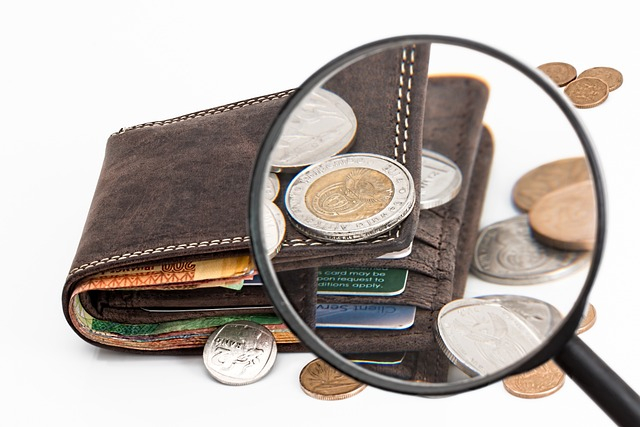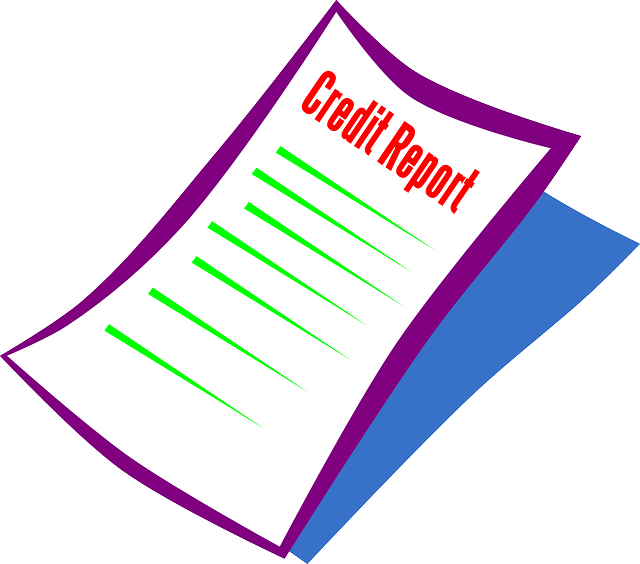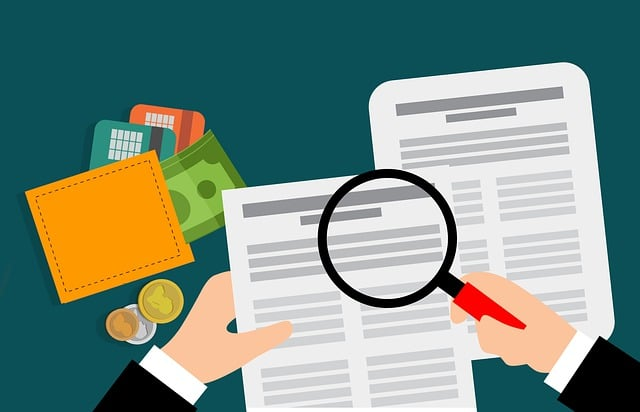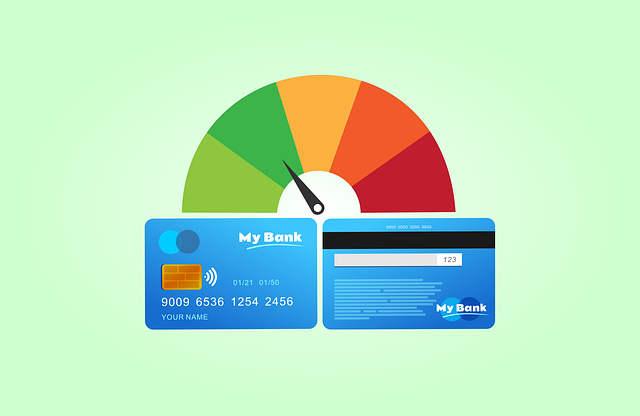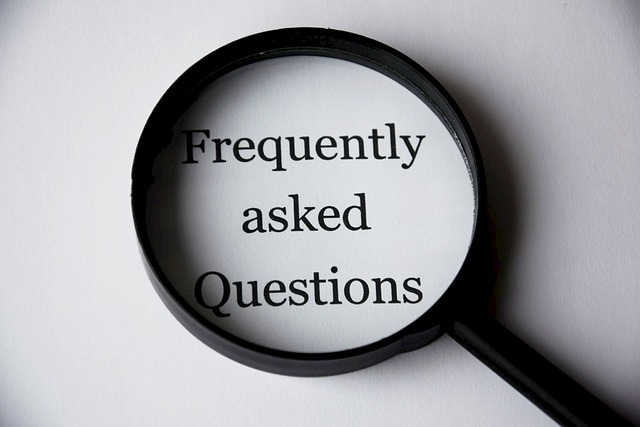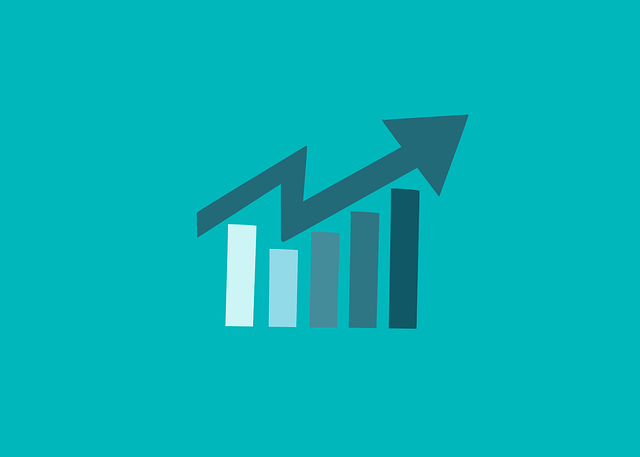What is Credit History?
Your credit history is a record of your credit account information and how reliable you are in managing and paying off debts. It includes payment history, open and closed credit accounts, account balances, and recent hard credit inquiries – all recorded in a credit report.
Good Credit History
A good credit report opens the door to lower interest rates, better loan terms, higher loan amounts, and more perks and rewards. Positive credit reports also help you access better housing options, employment opportunities, and more advantageous small business loans.
Bad Credit History
On the other hand, poor credit history significantly limits your loan options and leads to higher interest rates and fees with lower approval rates. So, your credit history determines significant aspects of your financial health for personal and business financing.
No Credit History
It’s also possible to have no credit history. Many young adults, students, and recent immigrants are considered “credit invisible” because they don’t have a credit report. Individuals with no credit usually start with a low-limit credit card or small personal loan to build credit.
Measuring Credit History
Credit history is quickly summarized with your credit score, a three-digit number usually between 300-850. The higher the credit score, the better your credit history.
Credit score ranges for FICO scores are as follows:
- Exceptional: 800-850.
- Very good: 740-799.
- Good: 670-739.
- Fair: 580-669.
- Poor: 300-579.
Why is Credit History Important?
Credit history plays a vital role in obtaining lending products such as personal loans, consumer credit, auto loans, mortgages, or small business loans. Lenders look for a positive history of managing debt and credit effectively.
Most lenders will look at your complete credit reports and history, even if you have a good credit score. In a way, lenders are looking for the story your history tells – what types of credit you use, how often you apply for credit, and your commitment to paying your debt obligations.
Auto insurance companies sometimes consider your credit when approving coverage and pricing your premium. A good history demonstrates responsibility leading to lower rates. Bad credit history can cause a denial or lead to higher rates.
Utility companies often look at your credit to see if you must make a security deposit for your account. Some employers also consider credit history to determine if an applicant is reliable.
Rental property owners sometimes view credit reports as well. Your credit plays a significant role in mortgage loans.
What’s the relationship between Credit History & Credit Scores?
The credit bureaus calculate your credit scores based on the credit history information in the credit report. The two main credit scoring models are FICO® scores and VantageScores®, but we’ll use FICO scores as they’re the most commonly used.
Each component of your credit is weighed differently. Here are the credit history factors that impact your credit score.
Payment History: 35% of FICO scores. The most significant factor in your credit history is your record of payments. On-time payments and paying back loans in full builds good credit. Late payments, defaults, and charge-offs will quickly lower your credit score. The longer an amount due goes unpaid, the more significant its impact on your credit score. In other words, missed payments in your credit history are a major red flag.
Amounts Owed: 30% of FICO scores. The debt you currently owe is the second most crucial factor in your credit history. Most credit bureaus use the credit utilization ratio when weighing amounts owed. Credit utilization refers to the percentage of your available credit you’re currently using. For example, if you have $2,000 in debt on a $10,000 credit limit, the credit utilization ratio is 20%. Credit utilization over 30% is a red flag and usually lowers your credit score. Experts suggest keeping credit utilization under 10% is ideal.
Length of Credit History: 15% of FICO scores. The longer you have active credit accounts, the better. It shows a long and reliable history of using credit and paying off debt. If you have multiple credit accounts, the bureaus typically look at the average age, which is calculated by adding up the ages of your accounts and dividing it by the number of accounts. For example, if you have four accounts, one 20 years old, one 11 years old, one 7 years old, and one 2 years old, you add up the ages (40) and divide by the number of accounts (4), for an average account length of 10 years.
Credit Mix: 10% of FICO scores. It’s also good to have a diverse credit history. Ideally, you’d have a mix of credit cards, personal loans, installment loans, auto loans, and mortgages. However, avoiding having too many credit cards is best, as that can be a red flag.
New Credit: 10% of FICO scores. New credit refers to recent credit inquiries. Opening, or trying to open, too many new accounts hurts your credit history. A new credit inquiry will temporarily lower your credit score. Hard credit inquiries stay on your credit report for two years but only affect your credit score for one year.
How does Credit History impact Small Business Loans?
Most commercial lenders consider your personal credit score and history when underwriting business loans. Your business credit is also important, but your personal credit score is even more critical if you’re still building business credit.
Just like personal loans, business loan lenders want to see a positive payment history and responsible credit management. Late payments and defaults are significant roadblocks to business loans.
Recent bankruptcies also play a significant role in business lending. Even if you’ve repaired your credit or your credit score is in the eligible range, a recent bankruptcy in your history could trigger a denial with some lenders.
Frequently Asked Questions
Here are the most common questions about credit history.
How far back does Credit History go in a Credit Report?
Negative reports stay in your credit history for up to seven years. After that, the report no longer affects your credit. Chapter 7 bankruptcy can remain on a credit report for ten years.
Where can I get my Credit History?
Your credit history is recorded in your credit reports, which are tracked and published by credit reporting agencies, also called credit bureaus. The three major credit bureaus are Experian, Equifax, and TransUnion.
You can get your individual credit reports from each of the three credit bureaus. Under the Fair Credit Reporting Act (FCRA), all Americans are entitled to one free credit report per year, which you can access at www.AnnualCreditReport.com.
How can I improve my Credit History?
Improving your credit score requires building a positive history of using credit. Here are the best ways to build good credit.
On-Time Payments: The most essential action is making your credit payments on time and in full. It can take a bit before a positive repayment history moves the needle on your credit score, but it’s the most reliable and sustainable way to improve credit.
Keep Debt Low: As mentioned, you want to keep your credit usage below 30%, ideally in the single digits. If your credit usage is currently above 30%, lowering it will quickly boost your credit scores. Low credit usage and on-time payments are the cornerstones of good credit history.
Don’t Close Older Accounts: You want to keep a long history of active credit. You also want to keep a high credit limit to help keep your credit utilization ratio low.
Have Diverse Credit: Again, credit mix makes up 10% of your FICO score. It’s best to have several kinds of installment loans and revolving credit.
In general, monitor your free credit reports. It’s always possible a report may have erroneous or incorrect information negatively impacting your score.
You can also try working with a credit counselor or credit repair company. See our essential guide for 10 Ways to Help Fix Bad Scores for more tips, tools, and techniques.
How do I build Credit History if I don’t have any?
According to the Federal Trade Commission (FTC), most people’s credit history starts with a loan or credit card application. Here are some tips on responsible credit use and building enough credit history for a good credit score.
Apply for a Credit Card: Many credit cards are available, but your options are more limited when you don’t have enough credit information on file. One option is to get a secured credit card, requiring a down payment to activate the credit line. It provides security to the credit card issuer, which can offset the risk of lending to some with no credit.
Be careful about how many credit cards you open. Too many accounts could be a problem. Also, make sure the credit card company reports to the credit bureaus. Most importantly, make your monthly payments to build positive payment history and avoid late payment fees and negative reports.
Become an Authorized User: Another way to start building credit is to get added to a family member’s credit card as an authorized user. The credit activity on that card becomes part of your credit report and profile, so ensure whoever is adding you manages credit responsibly. This is a good alternative option if you can’t get a credit card now.
Get a Credit-Builder Loan: There are some installment loan options for establishing or repairing credit in addition to credit cards. With a credit-builder loan, the lender sets the loan amount aside for you, usually in a savings account or certificate of deposit (CD). You make regular monthly payments towards the loan, which the lender reports to the credit bureaus. Once you finish paying it off, plus interest, the lender makes the loan funds available.
Pay Your Bills On Time: Making on-time payments for rent and utility bills are alternative ways to build a good credit history. However, the rental or utility company must report the payments to the bureaus.
Are there Business Loan options if I have poor Credit History?
Yes, there are business loans for bad credit. You’ll sometimes see these listed as “bad credit business loans” or “business loans with bad credit.”
However, getting a business loan with bad credit is more challenging. You’ll likely have to apply to an alternative online lender or marketplace, like UCS. Traditional lenders like banks and credit unions usually won’t issue a bad credit business loan.
In addition to having fewer loan options, small business loans for bad credit usually have lower credit limits, higher interest rates, additional fees, shorter terms, and frequent payments. One way to think of a business loan for bad credit is as a form of bridge financing.
Bad credit business loans can provide short-term financing to help support operations. Your credit could improve as you repay the loan and grow the business. Once you have a better credit score, a longer time in business, and higher revenue, you can qualify for a longer-term, lower-cost loan. Sometimes, you can use the long-term loan funds to pay off the bad credit business loan.
Bad Credit Business Loan Pros & Cons
Pros:
- Accessible financing for borrowers with a low credit score.
- Could potentially help build or repair credit with timely payments.
- Might be able to use the funds to pay off existing debt.
- Quick and easy online applications.
- Usually fast approval and funding times.
Cons:
- Higher interest rates & fees.
- Lower borrowing amounts.
- Typically short-term financing with frequent repayments.
- Might require collateral or a personal guarantee.
- Could require automatic payment withdrawals.
- Fewer options for lenders and loan types.
The Role of Credit History in Business Lending – Final Thoughts
Your credit history tells the story of how well you handle credit and debt management. Good credit demonstrates responsibility and reliability. Bad credit means you’ve been less reliable in making payments, and lenders view loaning you money as riskier. No credit means you haven’t had a debt to manage.
It’s essential to maintain positive credit reports for business loan approval. Good credit leads to the best loan amounts, rates, and terms. Bad credit limits your available options and leads to higher loan costs.
Contact us if you have more questions on credit history or to apply for a small business loan. Our loan experts can help you find the best business loan for your credit.


